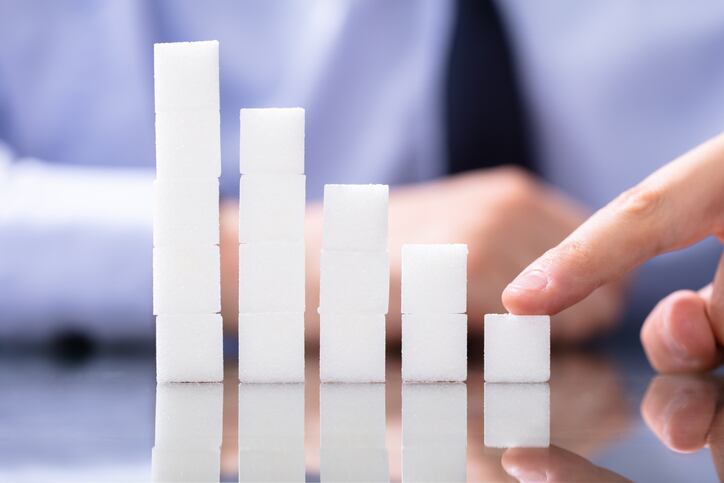UNESDA Soft Drinks Europe, which represents soft drinks producers across the EU, says the figure is proof that voluntary efforts from the industry can produce tangible results.
The European Commission has called for a 10% reduction in added sugars by 2020 (from a 2015 baseline); and UNESDA says the research, carried out by independent analysts GlobalData, confirms the target in beverages has been met and surpassed ahead of time.
“This reduction is proof that the soft drinks industry’s voluntary efforts to reduce sugar across the EU are delivering tangible results,” said UNESDA president and president Western Europe at The Coca-Cola Company, Tim Brett. “It demonstrates our sector’s accelerated action in response to changing consumer preferences and the expectations of public health stakeholders.”
The reduction in added sugars has been achieved through a range of actions, including:
- changing recipes to reduce sugars while maintaining a taste acceptable to consumers
- innovating to develop new products with different sweetness levels
- increasing availability of small packs to support portion control and moderation
- marketing efforts to encourage people to shift towards more no- and low-sugar/calorie drinks.
UNESDA notes, however, that the technological challenges become greater the more sugar is reduced; as does consumer acceptance of products.
While consumption of soft drinks among school-aged children has declined over the past 16 years, according to the WHO, rates of overweight/obesity have not reduced. UNESDA says this “demonstrates the complexity of the issue and the need for a holistic approach with all food and drink sectors committing to actions that support healthier food environments.”
Europe’s soft drinks sector has also made a series of marketing commitments, including a ban on advertising to children under 12; no sales of any soft drinks in EU primary schools and only no- and low-calorie drinks offered for sale in EU secondary schools.

